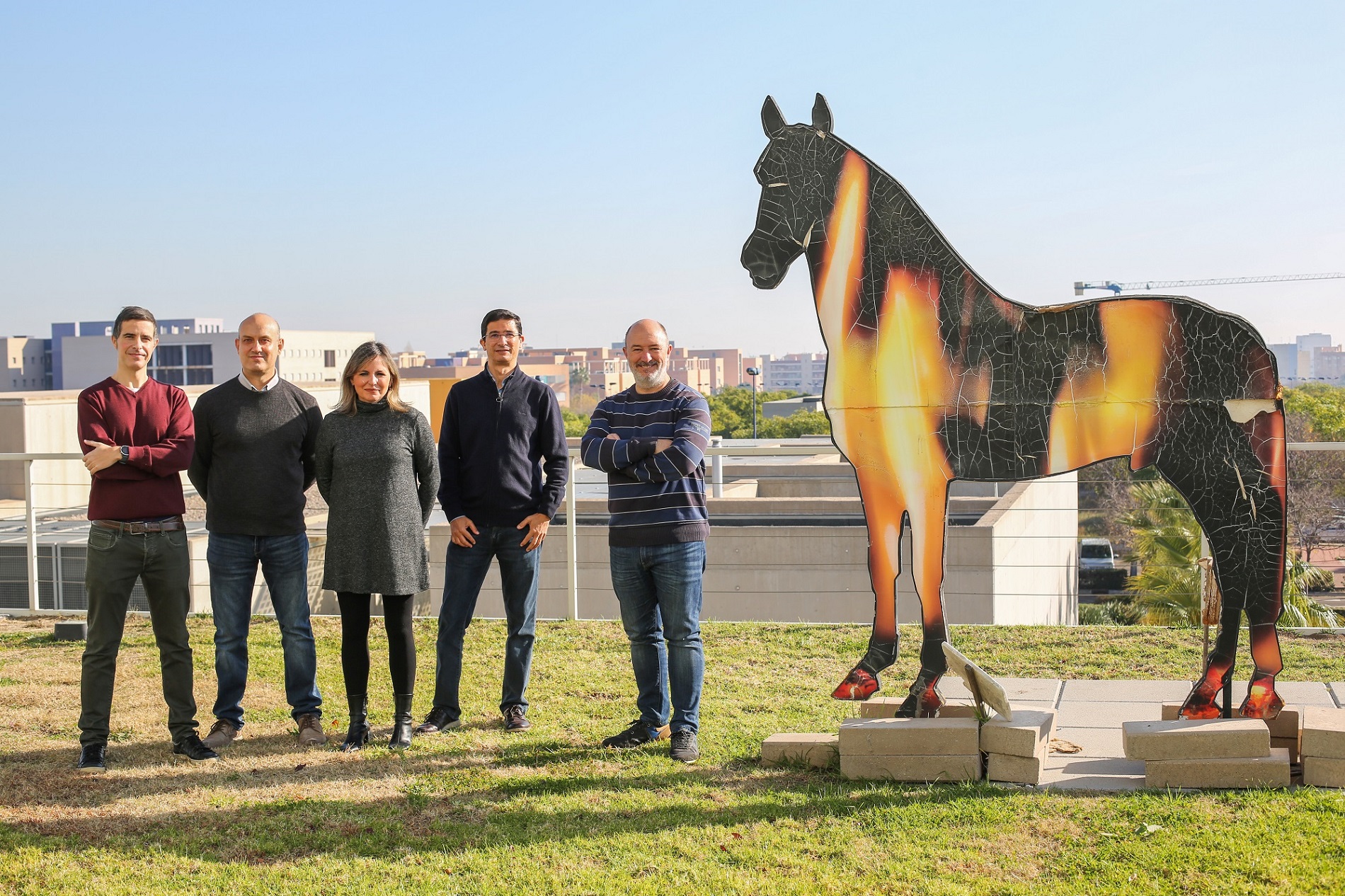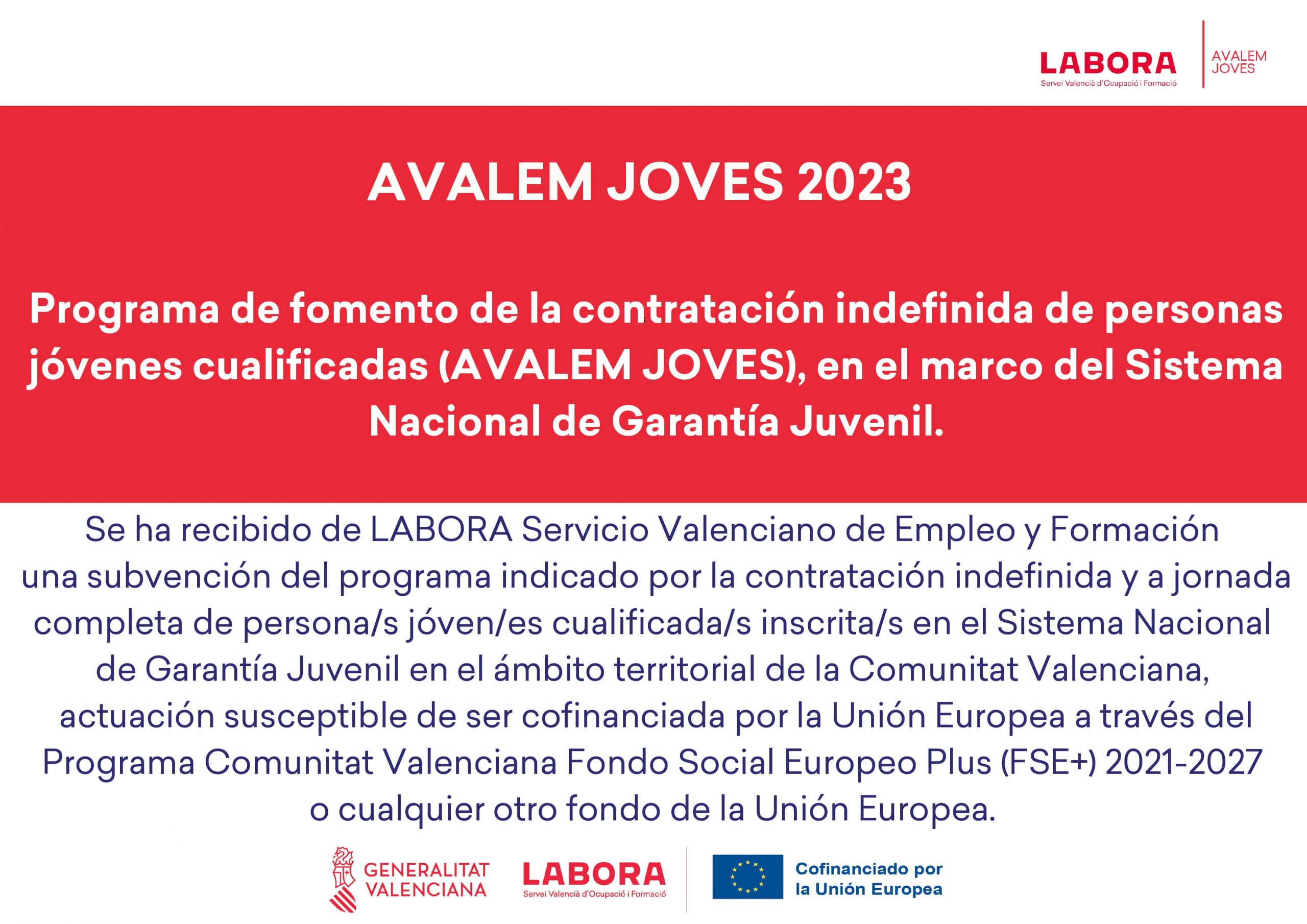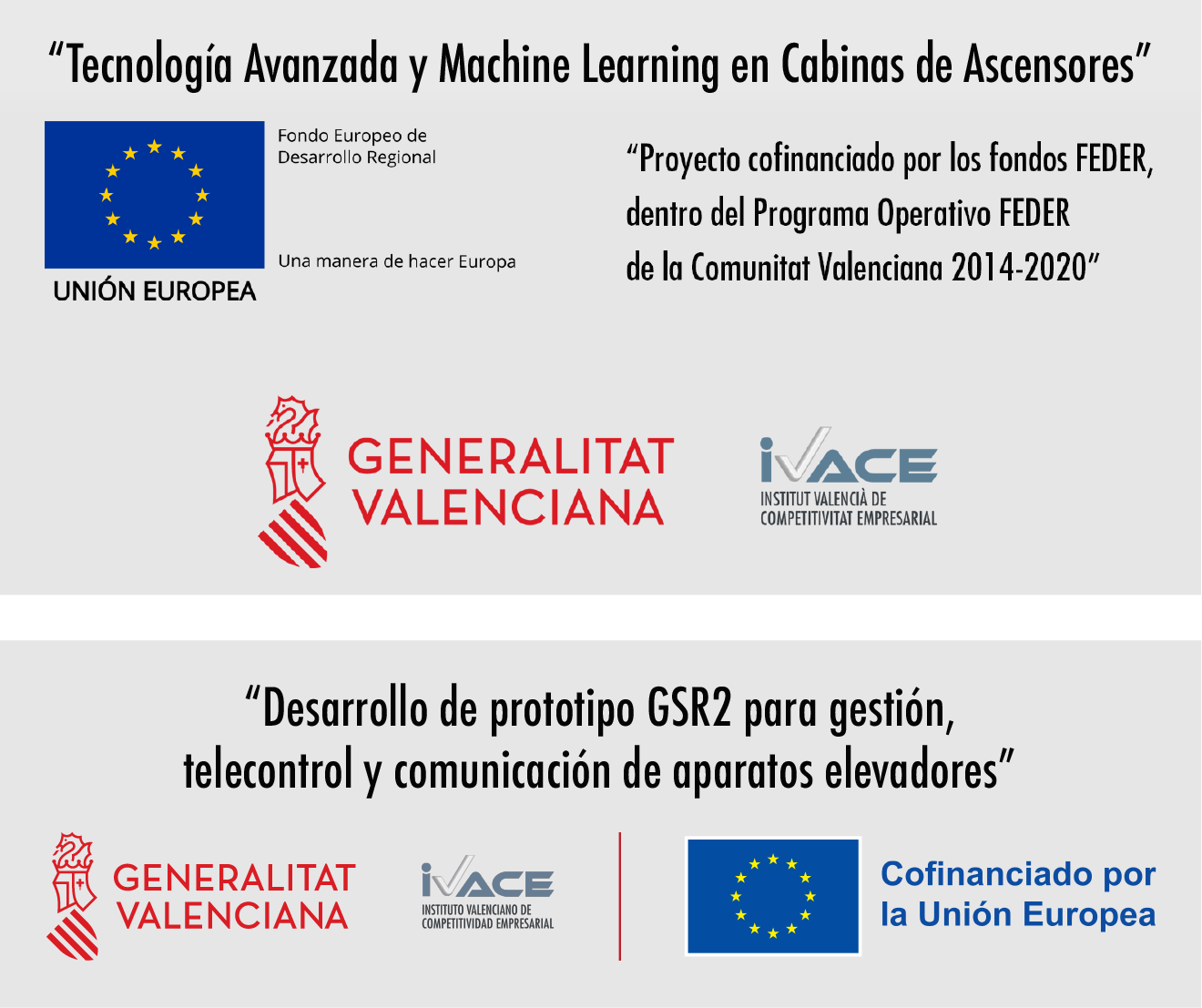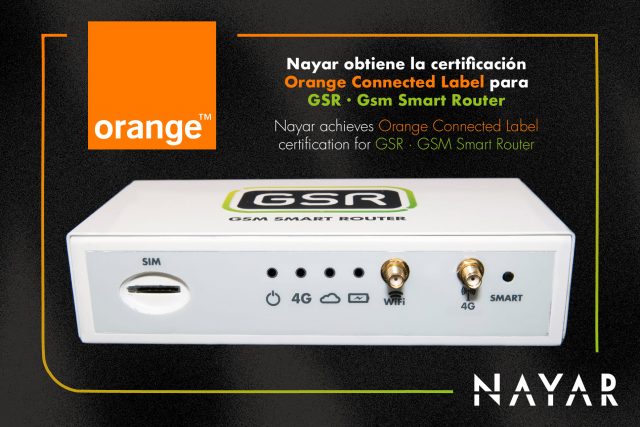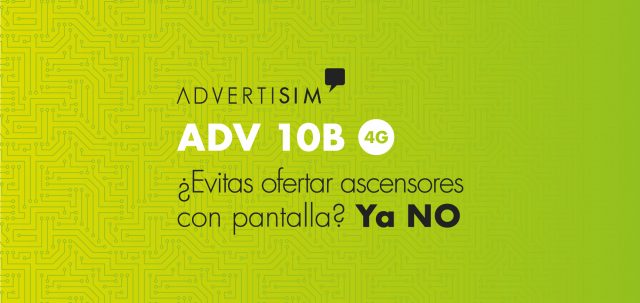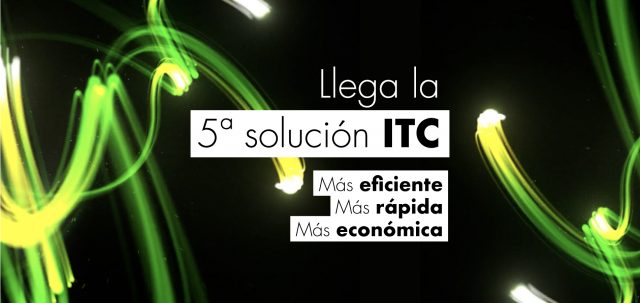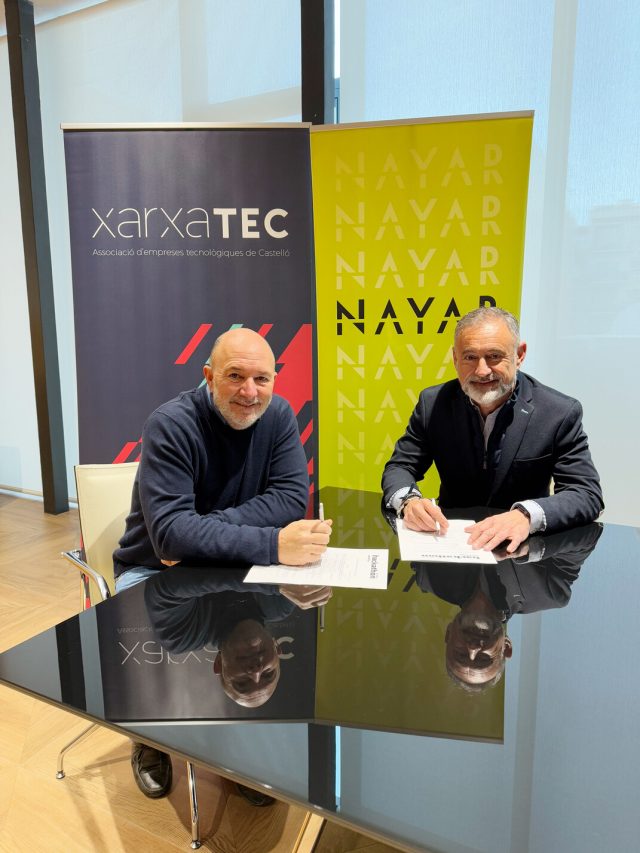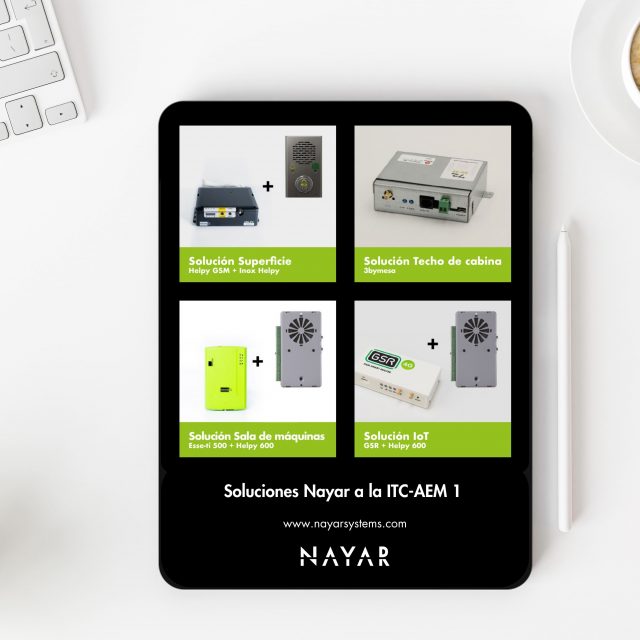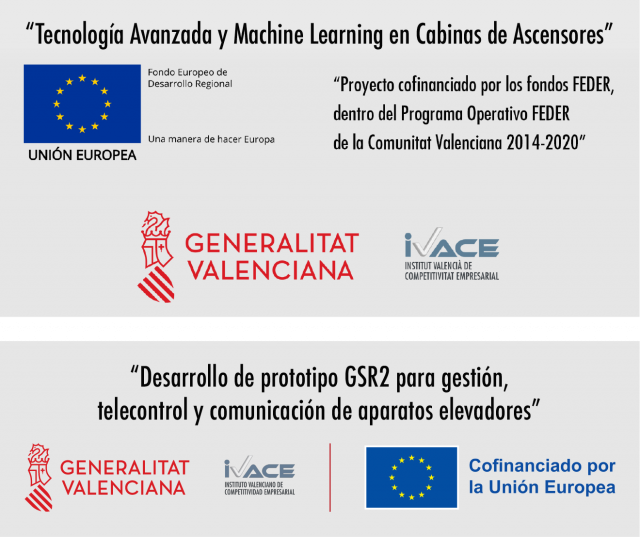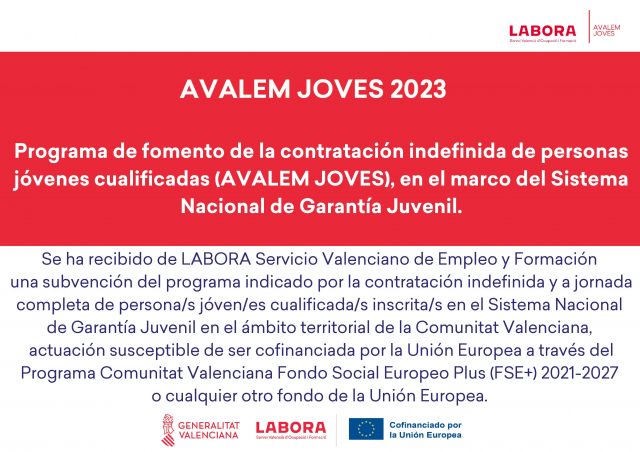The companies Nayar Systems and SemanticBots, linked to Espaitec, the Scientific and Technological Park of the Universitat Jaume I of Castelló, offer technological solutions to facilitate accessibility for the elderly or people with disabilities.
The technology companies Nayar Systems and SemanticBots are developing innovative projects to improve accessibility for the elderly and people with disabilities. Both companies have been aware of the problems that people with physical and/or sensory disabilities face when using any type of transportation, accessing public or private information, and carrying out procedures with the public administration.
Technological companies from Castellón offer solutions in each of their business sectors with the aim of promoting accessibility for the elderly or people with disabilities. Nayar Systems has developed an elevator pressing system using cell phones and Bluetooth technology to avoid physical contact with the buttons. For its part, SemanticBots has created SayObo, a platform for the development of inclusive chatbots also adapted for people with visual disabilities and the elderly, whose main objective is to facilitate access to information and digital procedures in organizations, both public and private.
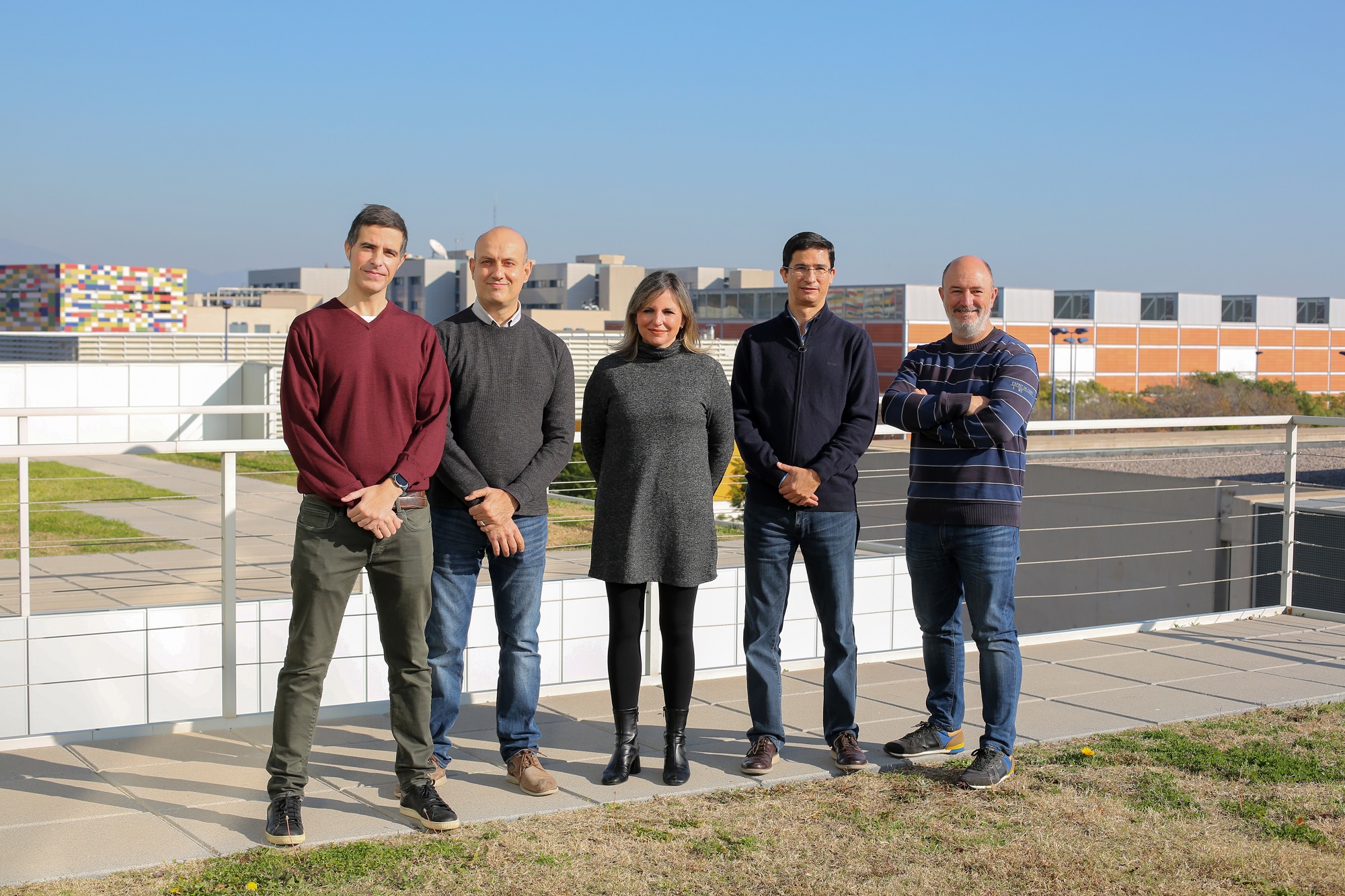

Nayar Systems and the PULSE App
PULSE is the result of the collaboration between ONCE Foundation, the Spanish Elevator Business Federation (FEEDA), and Nayar Systems. ONCE Foundation, providing knowledge on accessibility and vision of the group; the Spanish Business Federation of Elevators (FEEDA), transmitting the interests and needs of the sector; and Nayar Systems, developing the technology of the solution.
PULSE is an elevator pressing system using the cell phone and Bluetooth technology to avoid physical contact with the buttons. The main challenge of the project was to develop together with accessibility experts a simple and functional elevator call application for all types of users, following the Design for All concept and WCAG 2.1 standards. On the other hand, an intuitive product has been designed, easy to install and compatible with any brand in the market. The result has been the development of a mobile application and the manufacture of a physical device that, installed in the cabin and in the corridor, allows any user to use the elevator without physical impediments. The PULSE App incorporates functions such as screen reading through assistants, accessible colors and types, and use through voice commands.
SemanticBots and the inclusive platform SayObo
SayObo was designed by SemanticBots thanks to the collaboration with people with disabilities from the TKGB research group (Temporal Knowledge Bases Group) of the Universitat Jaume I of Castelló, professionals with expertise in Artificial Intelligence (AI) and Big Data; and specialized in the development of conversational platforms (chatbots) based on inclusive AI.
SayObo is a platform for the development of inclusive chatbots adapted also for visually impaired and elderly people, whose main objective is to facilitate access to information and digital procedures of organizations, both public and private. The inclusive Artificial Intelligence system enables the written text to the characteristics required by the user, creating a specific interface instantly and answering in different languages. In addition, it evolves its knowledge base by adapting to users as it interacts with them.
The SayObo platform has become a great ally for society, being an innovative Artificial Intelligence tool that allows reducing the digital divide that affects millions of people in the world. The SemanticBots team is developing with its platform projects for smart destinations, Smart Cities, public administrations, education and health, among others. This year, the company received the “Science and Research” and “Social Good Award” prizes from Onda Cero Castellón and the Catalan Association of Artificial Intelligence (ACIA).
Nayar Systems and SemanticBots
Nayar Systems is a technological engineering company born in 2007 in Castelló. Its firm commitment to invest in new technological developments has allowed a wide national and international expansion. It is currently present in 31 countries around the world, with physical offices in Spain and China. Focused on the elevation sector and the Internet of Things (IoT), its experience and professional trajectory have made it an ally for companies to achieve operational excellence, as it transforms the data of the facilities into understandable information for the user, working for the accessibility of knowledge and technological dissemination.
SemanticBots is a Spin-Off company created at the Universitat Jaume I of Castelló, dedicated to the design and development of inclusive conversational platforms based on chatbots with Artificial Intelligence. The applications of these platforms are very diverse, ranging from digital marketing, Industry 4.0, citizen care, to assistance and customer relations. Their technology adapts to each client and is oriented towards capturing and analyzing the conversations generated by users on these platforms. The products and services they offer are based on the results of years of research by their team, highly qualified professionals with extensive experience in technology and information systems.
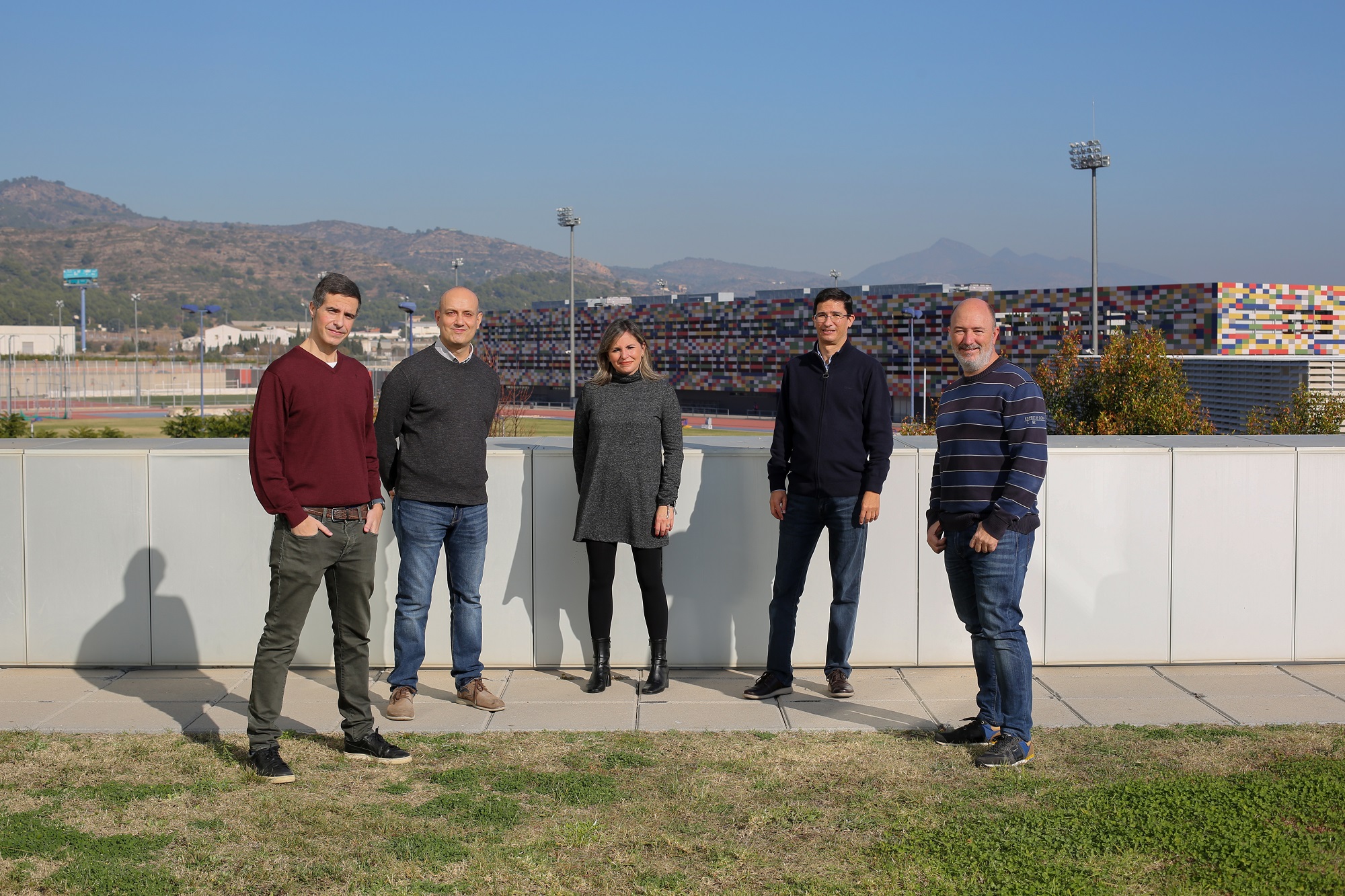

Espaitec’s companies, Nayar Systems and SemanticBots, offer technological solutions to improve the quality of life of people with disabilities, as well as those who require special attention, such as the elderly. In general, those whose degree of dependence is considerable and require adapted technologies that facilitate greater autonomy.
The inclusive projects of both companies are described in greater depth in IoT&Elevators, a free magazine designed, edited and produced by Nayar Systems with the aim of disseminating the technological knowledge generated in the field of elevation and industrial IoT. 3,000 copies are distributed, in Spanish and English, among managers and executives in the elevation and industrial IoT sector. Each issue of the magazine features the participation of professionals together with leading Spanish and international companies working in the field of technology, focusing in this sixth issue on the subject of accessibility.
